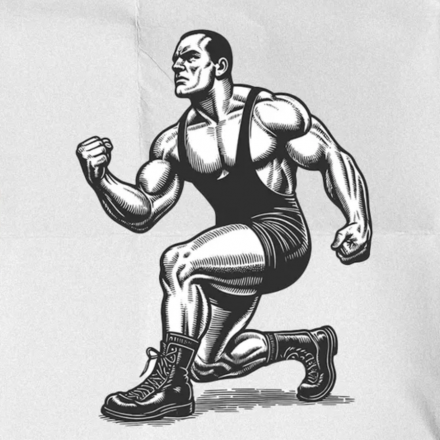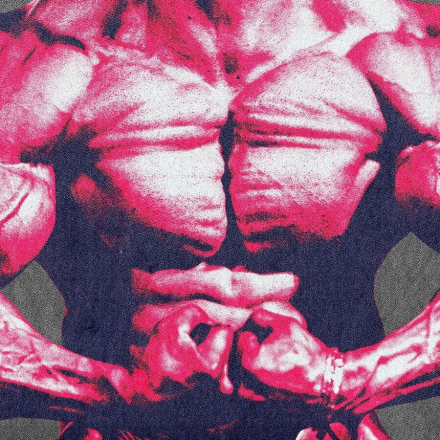Losing weight isn’t just about eating less and exercising more. Real results come when you strategically plan your workouts alongside your diet. Want to “supercharge” your calorie deficit? Here are expert-backed tips.
What Is a Calorie Deficit and Why Does It Matter?
A calorie is simply a unit of energy we get from food and drinks. When you consume fewer calories than your body burns, it starts using stored energy—first glycogen, then fat. That’s the secret to weight loss: burn more calories than you consume.
But there’s a catch: if your deficit lacks protein, your body may break down muscle for energy. And muscles are essential—for movement, strength, and… looking impressive.
Is There a One-Size-Fits-All Approach?
No. It depends on your goals. If you want to lose 2–3 kg in a month, a daily deficit of 500–800 calories may be appropriate. For slow, sustainable weight loss, 200–300 calories per day is enough.
Tip: First, calculate your daily calorie needs. A bigger, active man may require more than the standard 2,500 calories.
Best Time to Work Out in a Deficit
There are two approaches:
- Afternoon or evening workouts — Strength training works best when your strength, coordination, and energy are at their peak. This helps preserve muscle. Running is also more effective when your body is warmed up and your mind alert.
- Morning workouts — Research shows they promote fat burning throughout the day. Even light morning sessions can boost overall calorie expenditure.
The key is to listen to your body. Some people perform best in the morning, others at night. Aligning training with your circadian rhythm gives an edge.
How to Maintain Energy in a Deficit
Training in a calorie deficit is tough: fatigue, soreness, and a lack of “building blocks” for post-workout recovery.
Expert tips:
- Get enough sleep – it’s your main recovery tool.
- Eat about an hour before training – even a small snack, like a banana or a handful of nuts, provides energy for your muscles.
- Schedule your hardest workouts during your peak performance times.
- Caffeine can help, but it doesn’t replace sleep.
- Take “diet breaks” every 6–8 weeks – this restores energy and maintains workout performance.
Conclusion
Want defined abs and a lean physique? Don’t just burn calories—train smart: consider the time of day, your deficit, protein intake, and recovery. And remember: sometimes the best “boost” is a tasty snack after a disciplined week.


















